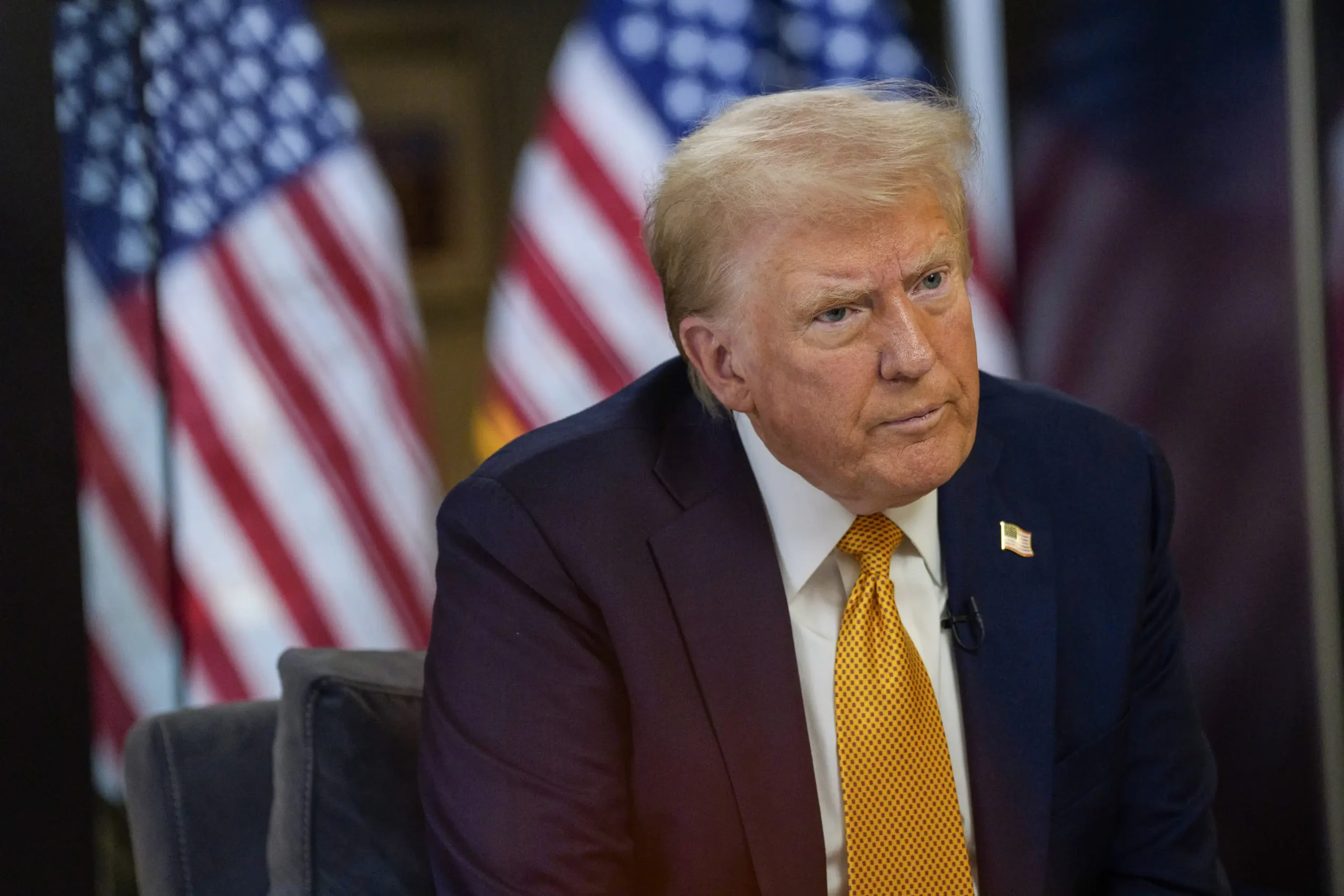Economists warn that new tariffs might come into effect, should former President Donald Trump push his plan to impose them. Leading economists said there would be direct and indirect influences on the price that consumers would have to pay for many goods if the tariffs were added. Yet, as Trump has claimed that a tariff could prove a strong tool to defend American industries and spur more production on American soil, experts caution that the costs will probably far outweigh the gains.
Tariff Impact on Consumers
The debate on tariffs has been ongoing since Trump first imposed them during his time in office. Taxes on imported goods, and tariffs raise the price of foreign goods to encourage consumers to purchase goods made within the home country.
While the strategy has its successes for U.S. manufacturers in some instances, economists warn the burden more often falls on consumers.
One economist recently stated, “Either way, there is a cost to consumers.” The economist elaborated that tariffs may cut imports and protect local industries, but the prices of common electronics, clothing, and even food items could increase significantly. These increased costs would be passed on to consumers, who would ultimately bear the brunt of the economic shift.
Possible Economic Consequences
The prospect of tariffs raises concerns not only about inflation but also about the broader economic impact. With goods becoming more expensive, consumer spending may decline, leading to slower economic growth. Businesses dependent on imported materials may face increased production costs, leading to layoffs or reduced hiring. Further, the potential for retaliatory tariffs from trading partners could escalate trade wars, adding to the uncertainty in global markets.
While Trump has insinuated that tariffs can create jobs in key sectors by incentivizing home production, the spillover into the general economy might prove to be more multifaceted.
Critics point out that these protectionist steps could lead to inefficiencies where higher costs and disruption of the supply chain might harm industries that depend on imports to keep them competitive.
Despite these warnings, Trump has continued to push tariffs as a tool to address perceived imbalances in trade, especially with countries like China. The debate is likely only to heat up as the 2024 election approaches and trade policies remain high on the national economic conversation agenda.




